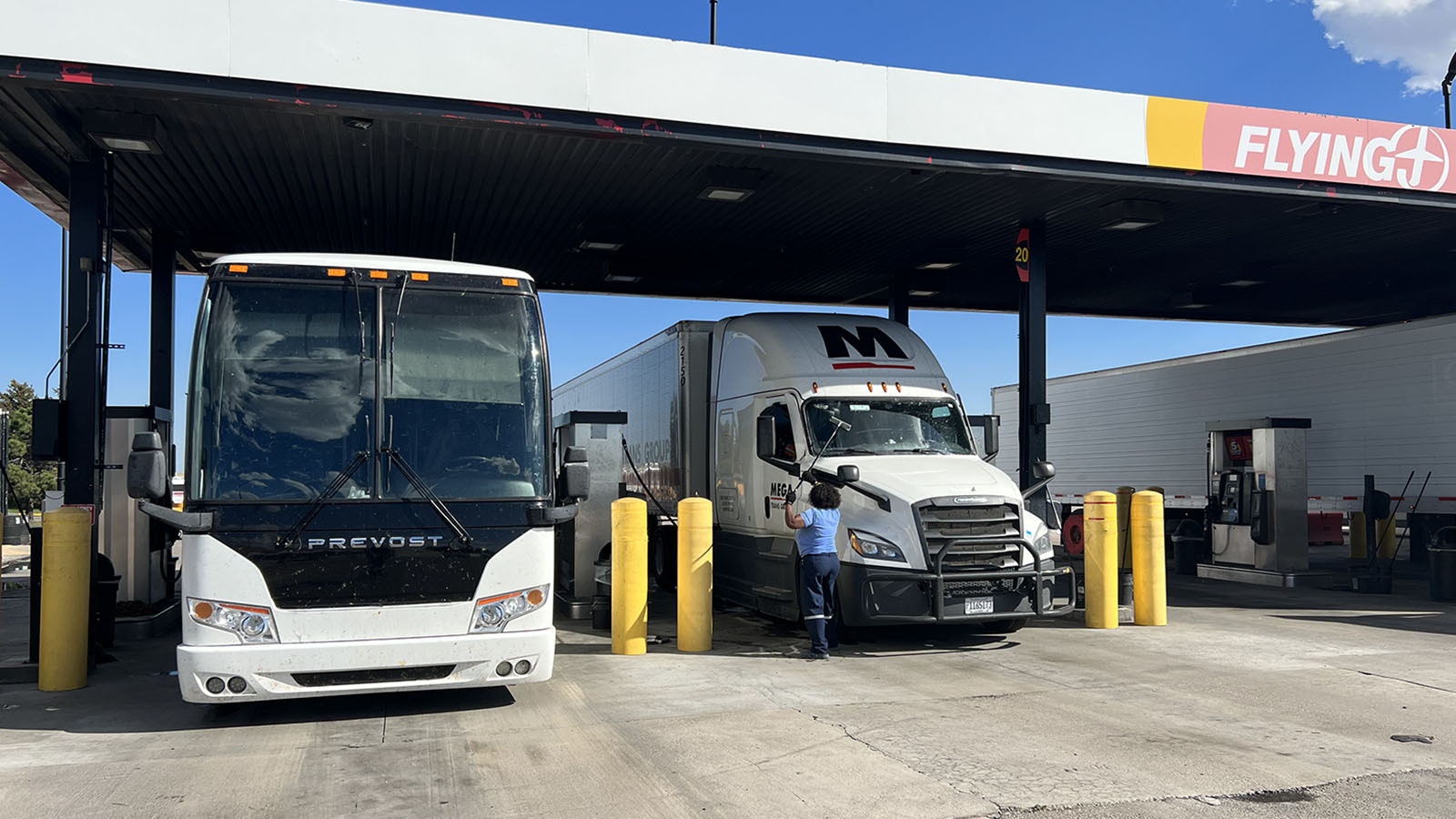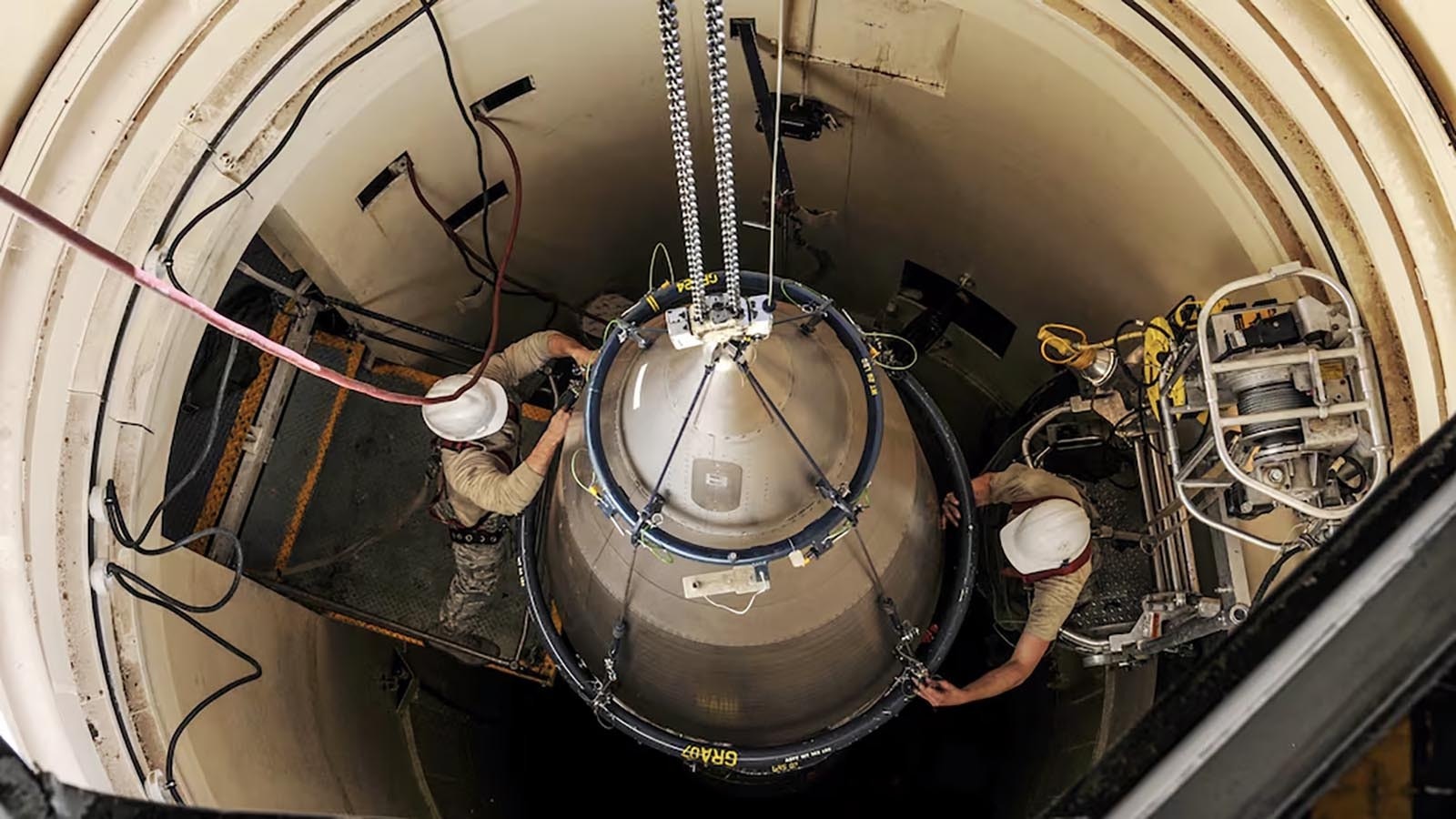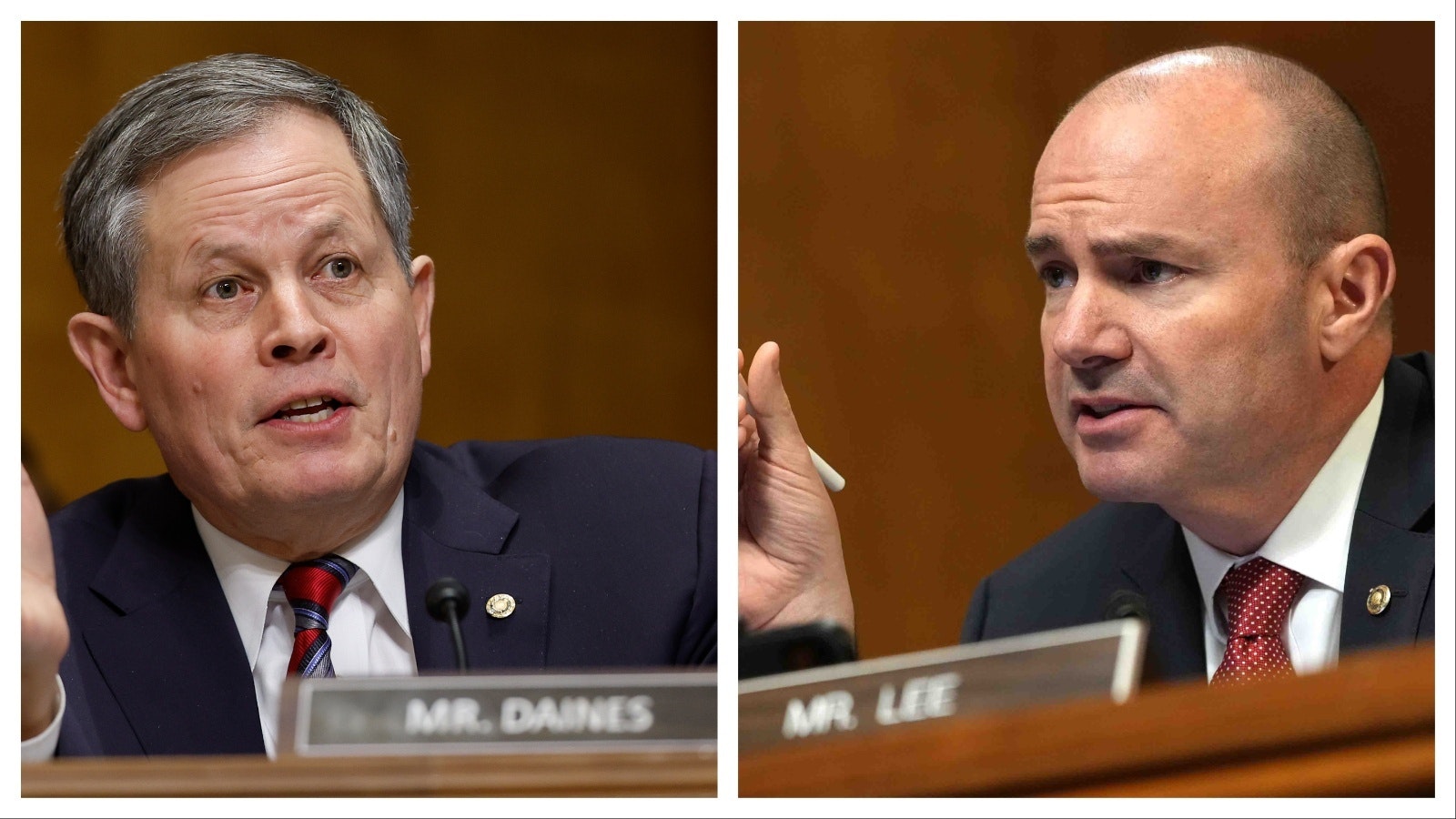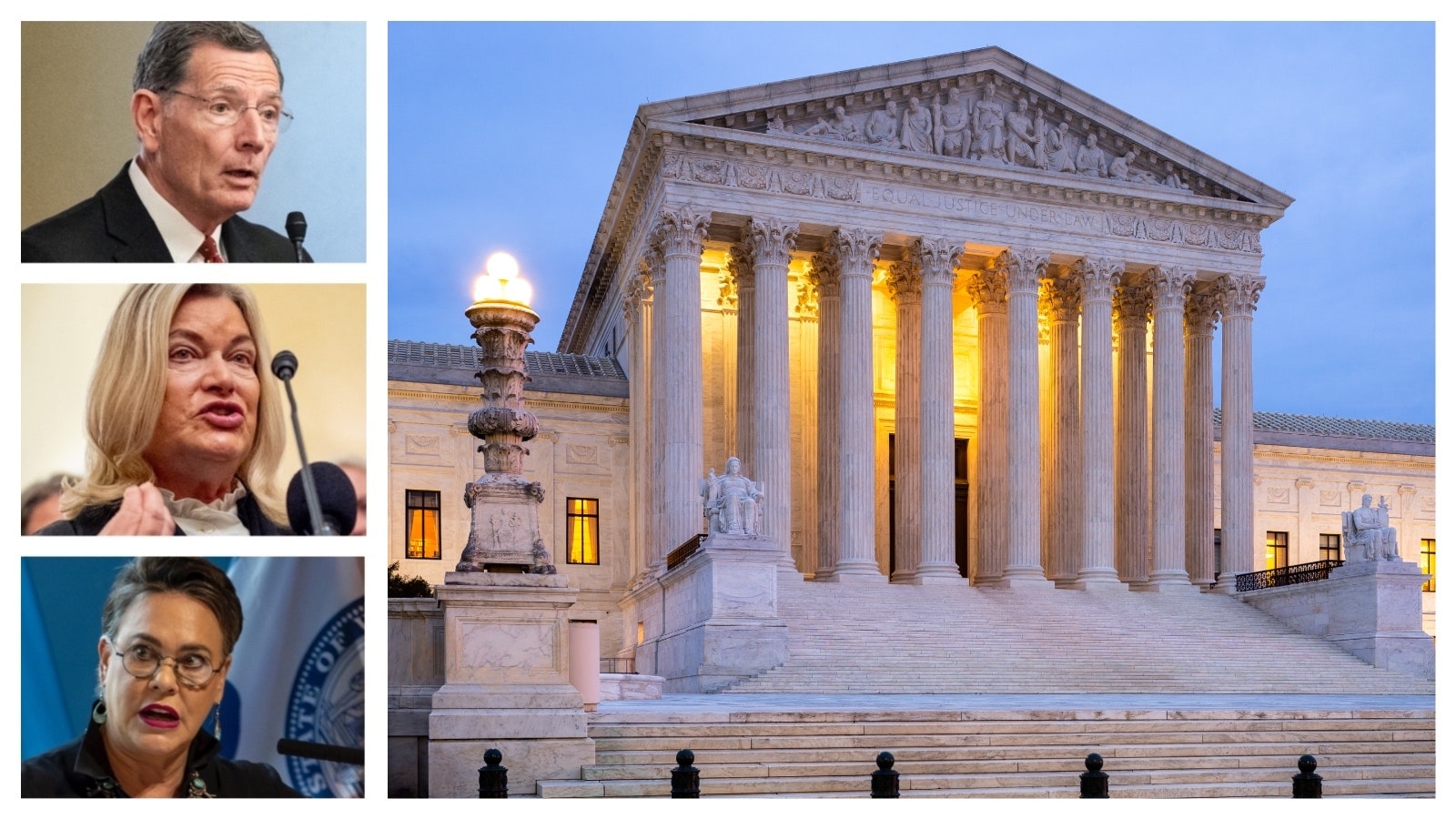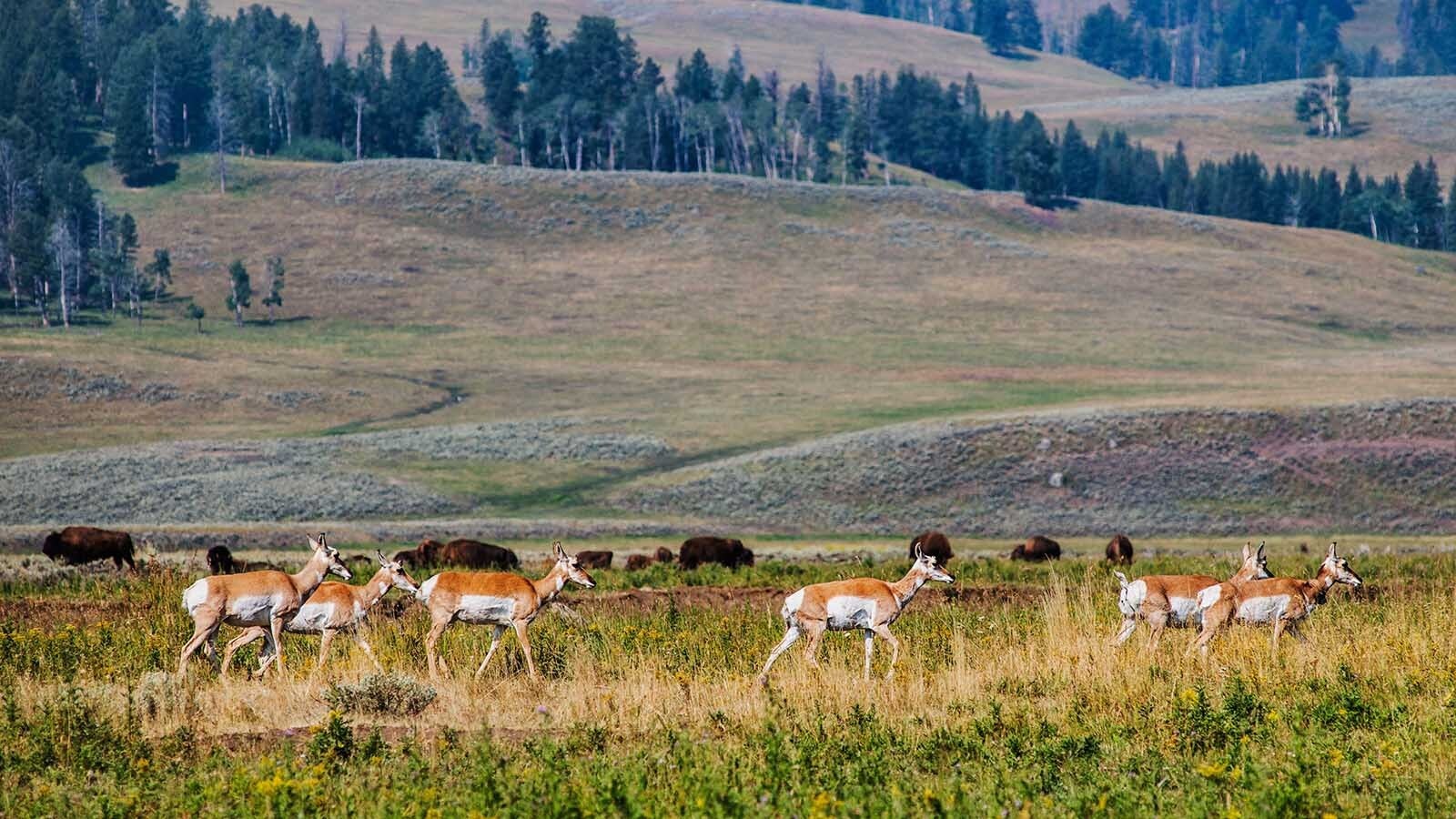The Wyoming Department of Transportation will have to find some new solutions for covering a budget shortfall of more than $400 million.
On Friday, the state’s Joint Transportation, Highways and Military Affairs Committee discussed and killed two bill proposals that would have increased Wyoming fuel taxes to give WYDOT more money for road improvements.
WYDOT had recommended the Wyoming Legislature increase the state’s diesel and gas fuel taxes, which are each at 24 cents. The increases would’ve been paired with reductions and elimination of registration fees to mitigate the hike for state residents.
The department has said inflation has made it significantly more difficult for staff to adequately maintain the state’s roads, with some construction costs increasing as much as 50%. WYDOT staff estimate it is running a $406.7 million deficit based on its ability to address annual needs.
WYDOT Chief Financial Officer Dennis Byrne told the committee the shortfall has led to deferred maintenance on roads that will continue to deteriorate.
“We’re really just trying to maintain what we have,” he said.
But the proposed fuel taxes would have resolved less than 1% of this need or even come close to having a “net-zero” impact for WYDOT.
Two Options, Neither Work
Both bill proposals brought before the committee were designed to reduce or eliminate registration fees as a way to supplant the cost of a fuel tax increase on Wyomingites instead of solely issuing a tax increase. The general concept was approved by most members of the committee at their last meeting in August.
Although Wyoming residents may not have had felt the impact of either proposal, WYDOT would have, as it was discovered both options would have led to an even larger deficit than the department faces now.
State Rep. Landon Brown, R-Cheyenne, committee co-chair, told Cowboy State Daily that once that last piece of information was discovered, both proposals were dead in the water.
“It made absolutely no sense to anybody,” Brown said.
The timing of the proposals, given the recent release of a Consensus Revenue Estimating Group’s report that estimates the state will be looking at a $870 million surplus through 2026, also didn’t help.
“It’s never a good time to raise taxes,” Brown said.
Net-Zero
The goal of the exchange would be to eliminate or reduce the state’s registration fees in an amount equal to the total revenue generated by the tax increases.
One bill proposal would have increased the diesel fuel tax in Wyoming by 4 cents. In return, diesel vehicle registration fees would be eliminated to achieve a net-zero cost impact on Wyoming residents. Supporters of the idea said it would target out-of-state drivers that pay the majority of diesel fuel taxes in Wyoming.
Another bill proposal would have substantially decreased registration fees by $20 each for all vehicles and increased the fuel tax for all vehicles by 2 cents a gallon.
Both bills died without a vote.
Not Helpful
For the fuel tax, 75% of the revenue is deposited into the roughly $900 million state highway fund. All of the revenue collected off registration fees is deposited in this same account.
Wyoming has a much different registration fee structure than other Mountain West states, collecting more fees than Colorado, Montana, South Dakota and Idaho.
WYDOT staff reported that total revenue lost from eliminating the registration fees would amount to $27.5 million. When adding in the estimated increase in fuel tax revenue from the 4-cent hike, the department would still experience a net-loss of $17 million.
To break even under the proposed legislation, the fuel tax would have to be increased by about 11 cents.
Sheila Foertsch, president of the Wyoming Trucking Association, argued against the bill, saying her industry isn’t looking for a reduction in registration fees but does support a fuel tax increase of 3 cents.
The 2-cent reduction would still lead to a roughly $6 million deficit. To break even on this increase, WYDOT would have to implement a 4-cent fuel tax increase on both diesel and gas.
Aaron Nab, a 2024 candidate for Cheyenne mayor, said the proposed taxes would cause Wyoming’s border towns to lose revenue from truckers who might wait to fill up until they are out of state instead of stopping because of the higher fuel tax.
Other Ideas
Byrne said the more direct way to handle the deficit would be to levy an increased fuel, sales tax or both without providing a reduction to registration fees.
Sen. Brian Boner, R-Douglas, co-chair of the committee, said there will be more discussions during the 2024 legislative budget session about how to better fund WYDOT and the highway fund. Certain members of the committee mentioned studying the fee structures and taxes used in other states like Utah.
Utah’s Waste Tire Recycling Act adds a $1 fee to the purchase of every new tire at the point of sale to raise revenue.
There also are some states that use a portion of their sales tax revenue to fund road maintenance.
“Just because we don’t have the bill draft on this topic doesn’t mean the topic is over,” Boner said.
Leo Wolfson can be reached at leo@cowboystatedaily.com.

